Fast versus Slow Carbohydrates
Carbohydrates can be found in many foods in varying degrees; they are actually chains of sugar molecules, like glucose, the smallest sugar molecule in our food.
The quality of the source of a carbohydrate is probably the most important thing to understand. The quality can be evaluated by the presence of fibre, nutrients, the glycaemic response (the lower the better), and how heavily processed a carbohydrate is: Are the grains still intact or ground? Are you eating the fruit whole or is it pressed into juice?
You can use the glycaemic index (or glycaemic load) scale to calculate the rate at which carbohydrates are digested. Carbohydrates with a medium or low glycaemic index or load are digested by the body more slowly, and these are considered to be healthier than "Fast" carbohydrates, or carbohydrates with a high glycaemic index or load on the other hand, are digested by the body more quickly and are considered less healthy.
The content of fibre and nutrients is also important. Natural sources of carbohydrates are often slow carbs. They are high in fibre and nutrients and include foods such as legumes, oats, wild and whole-grain rice, pseudo-grains like quinoa and buckwheat, whole grains like barley, most fruits, non-starchy vegetables, and so on.
In contrast, processed, fast carbohydrates are lower in fibre and nutrients and higher in sugar. Fast carbohydrates include sugar, bread, potatoes, white rice, pasta, and so on. The digestion of these carbohydrates causes the release of a large amount of sugar, which can very quickly raise your blood sugar and insulin levels. This is unhealthy, and according to many scientists, it can cause obesity and type 2 diabetes.
Don’t cut out carbs, but rather be selective about the types you eat and what foods you combine them with.
Good Sources of Carbohydrates
Replace potatoes, bread, pasta, and rice with vegetables and fruit.
What are the benefits?
Vegetables and fruits contain fewer carbohydrates. And they are not fast carbohydrates.
You will eat more fibre, vitamins, minerals, and other powerful antioxidants and phytochemicals that protect against various diseases.
Vegetables and fruits are the healthiest types of food you can find; they are 100 percent natural and unprocessed.
Vegetables and fruits are not addictive; you are unlikely to binge on or overeat these foods.
If you choose a meal with carbohydrates, choose for:
Pseudo—grains, such as buckwheat or quinoa;
Legumes, such as chickpeas, lentils, or beans;
Wild rice or brown rice; or
Oatmeal.
These are all better suppliers of carbohydrates than refined starches, because:
They are unrefined—less processed, transformed, or manipulated.
They contain more fibre, so they release their sugar slowly and don’t lead to a spike in your blood sugar. Fibre is also beneficial to your intestinal flora.
They are more filling.
They contain higher concentrations of vitamins, minerals, and amino acids.
They are gluten-free.
And perhaps most important, we have a tradition of preparing these kinds of foods in a healthy way.


